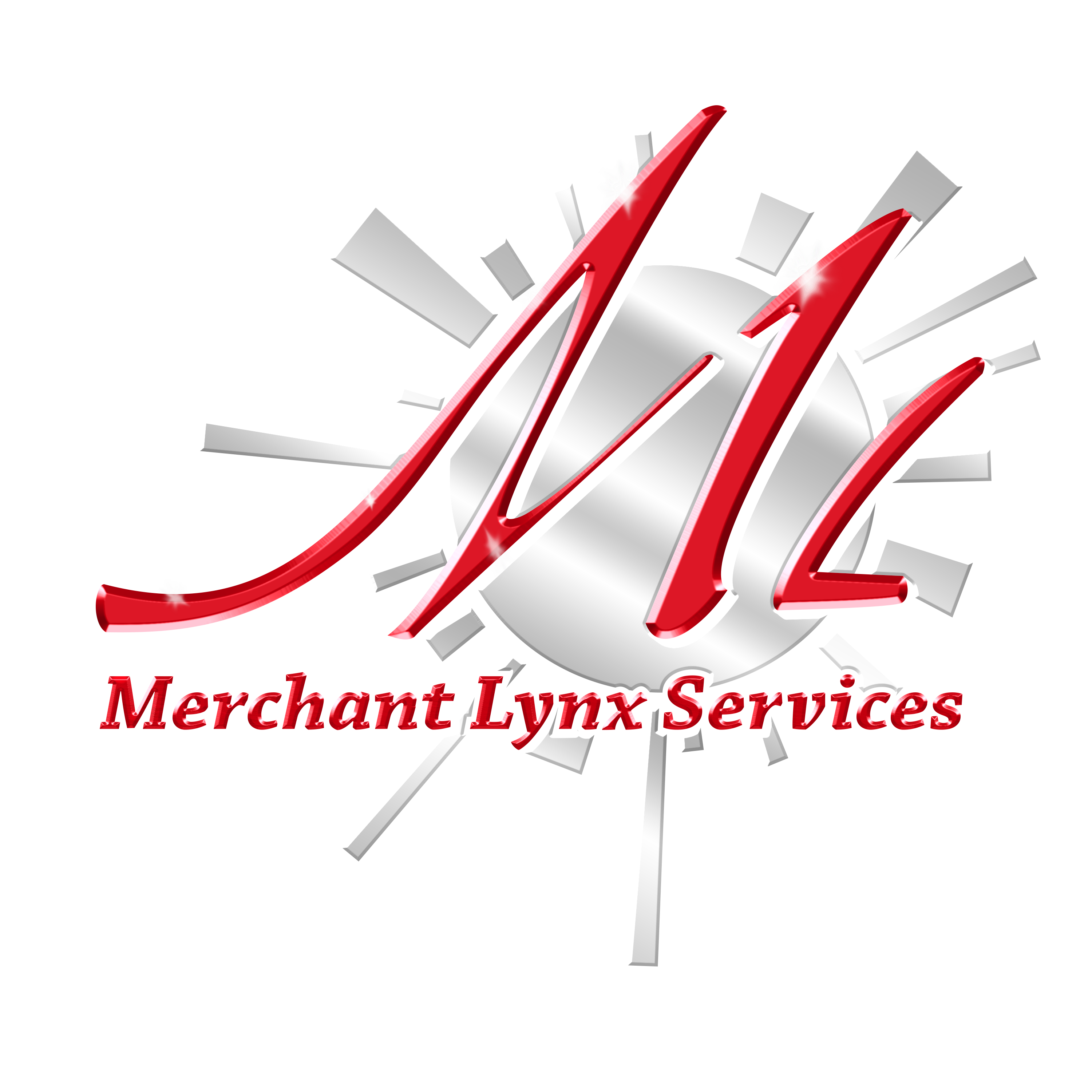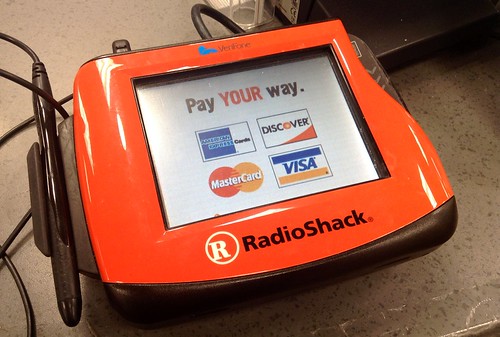Quality Advice To Follow About Bank Cards
In this world of financial ups and downs, consumers can use a reliable source of financial information. Credit can be a great boon to a financial plan, but they can also be very dangerous. Continue reading for some great credit card tips.
Only if you regularly shop at a certain store should you think about applying for a store credit card. When a retail store inquires about your credit prior to opening an account, that inquiry is recorded on your report whether you go through with opening a card or not. Too many inquiries into your credit history will be a red flag to possible lenders and will lower your overall credit score.
It is very easy to mishandle credit card usage. While going into debt is unavoidable sometimes, many people go overboard and wind up with debt they cannot afford to repay. To handle bank cards, correctly pay off your balance each month. By using this strategy, not only does your card maintain a low balance, you also increase your credit score.
Credit Card
It is in your best interest to pay off your credit card in full every month. Ideally, credit cards are only for convenience and should be paid completely at the end of a billing cycle. When handled correctly, your credit card can actually act as a credit builder, boosting your overall profile.
Make sure to keep a budget when you are using bank cards. It is a good idea to include your credit card into your budget. You don’t want to get into the habit of thinking of charge cards as extra money. Set aside a specific amount that you can safely spend on a card every month. Stick with it and each month, pay it off.
When developing a PIN or a password, make it one that is hard to make any sort of guess about. Using your birth date, middle name or your child’s name can be problematic, as it is not difficult for others to find out that information.
Keep a close eye on any changes to your terms and conditions. It’s not uncommon in recent times for a card company to change their terms frequently. Within the legal jargon, you will find changes that impact your account. Take some time to read through the terms well, because you don’t want to miss important information such as rate changes.
Whenever you sign a credit card slip in any store, fill in all the spaces. Having a blank space on your receipt is literally leaving space for someone to add an amount where you don’t want it. Be sure to mark through the space with a straight line. You should also always check your statement against your receipts every month to ensure they match up.
Never let anyone borrow your bank cards. Even if it is a great friend of yours, that should still be avoided. There are other ways to help a friend or family member in need other than allowing them to borrow your card.
Credit Card
Be cautious when you use a credit card online. Before entering any of the information for your credit card, ensure that the website you are on is completely secure. This is the best way to keep all of your personal information safe. Never give your personal information to a website that sends you unsolicited email.
We have all experienced it: Another credit card promotional letter arrives in your mail telling you that you need to apply for a new credit card. You are usually not looking for another credit card at that time. Always shred any credit card offer that comes through the mail. This is because many solicitations include your personal information.
As this article stated earlier, people are sometimes stuck in a financial swamp with no help, and they can end up paying too much money. This article has covered how to use your credit card responsible, so you now have the tools needed to be a responsible consumer.



